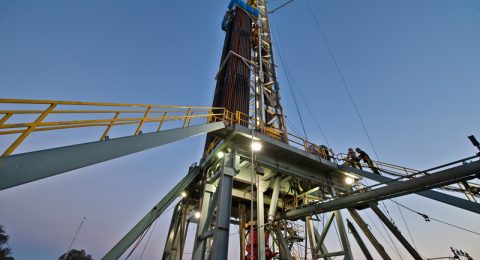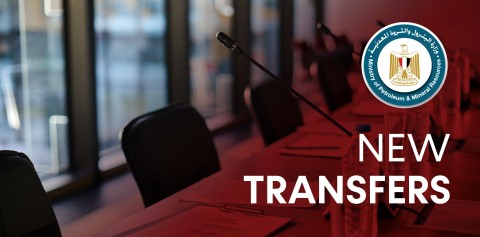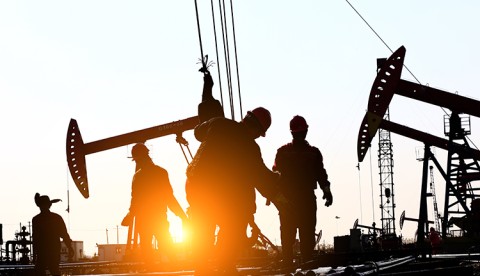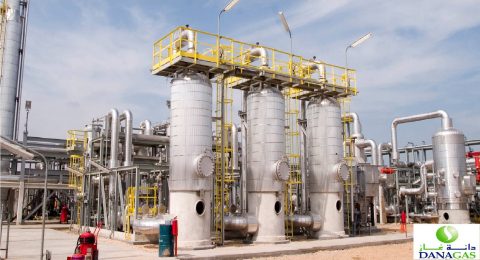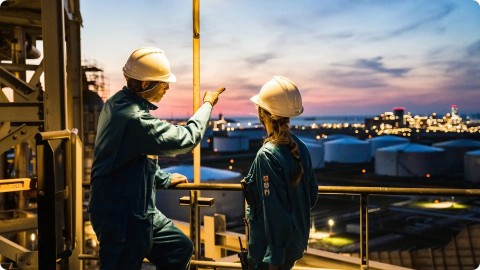Minister of Petroleum and Mineral Resources, Karim Badawi, inaugurated today the third edition of the Egypt Mining Forum (EMF). The event was attended by Dr. Saleh Kharabsheh, Jordanian Minister of Energy and Mineral Resources; UAE Ambassador to Cairo, Mariam Al Kaabi; presidents and officials of major local and international mining companies; representatives from international financing institutions; and industry experts and specialists.
In his opening speech, Badawi emphasized the significant potential of the Egyptian mining sector, bolstered by the economic reform program. He highlighted the key steps being taken to harness this potential, including collaborations with various ministries and government bodies to establish a regulatory framework that fosters an attractive investment climate in the mining sector and accelerates decision-making and investment processes.
He announced that during the forum, the Egypt Mining Portal, a digital investment platform, would begin its trial operation, with its full launch expected by the end of the year. This platform is poised to be a fundamental catalyst for mining investment, offering easy access to essential data.
Badawi emphasized the forum’s crucial role in supporting the mining sector’s plans, highlighting its importance in providing essential resources for development, energy transformation, and creating a better future. He affirmed the government’s commitment, led by Prime Minister Dr. Mustafa Madbouly, to maximize the mining sector’s added value, increase its economic returns, and enhance its contribution to the national income by overcoming investment obstacles. He stated, “We are working to uncover the full potential of Egypt’s mining sector, address challenges, and build on success stories through transparent and honest dialogue. This inclusive approach supports continuous progress, a sustainable future, and the common interests of the state, investors, citizens, and communities while protecting the environment.”
The minister pointed out that launching the mining sector and attracting more investment requires transforming the Egyptian Mineral Resources Authority into an economic entity. This transformation will enhance efficiency and support decision-making. He also mentioned the regular initiation of investment auctions for the exploration and extraction of gold and associated minerals, the acceleration of digital projects, and the reduction of emissions. Badawi assured his partners in the mining sector of his dedication to closely monitoring and resolving any challenges and obstacles they may face, as well as implementing the new government’s program to boost the mining sector’s economic contribution.
The minister affirmed that Egypt is rich in mineral resources and has a developed infrastructure, including new road networks. As part of the Nubian Shield, Egypt has significant potential and the ambition to cooperate with all stakeholders. The government is committed to maximizing the added value of these resources and making Egypt an advanced investment destination through extensive cooperation with the private sector.
Badawi stressed the ongoing efforts to implement more reforms and attract investments to the mining sector. Egypt’s mineral resources include gold, copper, silver, zinc, platinum, and a variety of other precious and traditional minerals. He noted that Egypt currently has confirmed gold reserves of about 7.3 million ounces and produced about 560,000 ounces of gold and approximately 17.5 million tons of other minerals in the last fiscal year. By 2030, the target is to reach 800,000 ounces of gold and 30 million tons of other minerals. The Ministry aims to increase the mining sector’s contribution to the national income from less than 1% to 5%.


